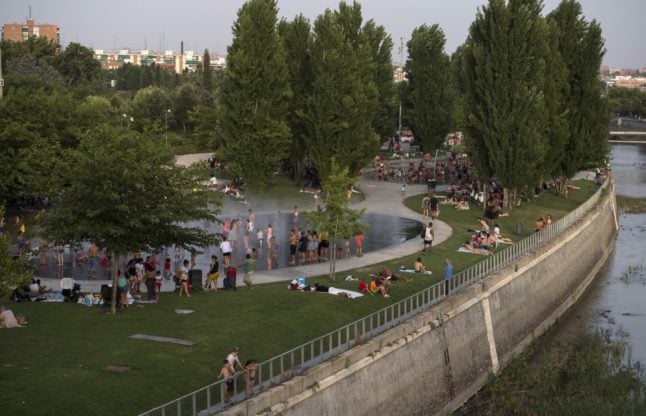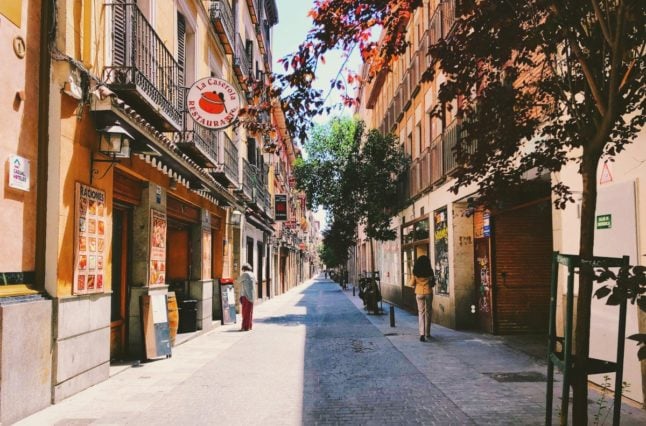The work will involve cutting down 1,027 trees in a southwestern area known as Madrid Río, the regional government has said, angering ecologists and local residents.
The protest was called by Spanish NGO Ecologists in Action, which said more than 2,000 people had joined the rally. A government official gave a figure of 1,000.
“In Madrid there are too many cars, not too many trees,” read one banner, while another said “Madrid Rio will be transformed into a desert unless we vote wisely on May 28,” referring to the upcoming regional and local elections.
Madrid is the 4th city in the world with the highest deaths due to heat waves. Only Sao Paulo, Belo Horizonte & Athens are worse. Last summer 1,243 people died from heatstroke in Madrid & the council continues to make dangerous decisions 🔥
Full story: https://t.co/E99xgXsZ1y pic.twitter.com/XnfWSVi2MG
— Madrid No Frills (@madridnofrills) February 19, 2023
The region is run by Isabel Díaz Ayuso, hardliner with the right-wing Popular Party (PP).
Some demonstrators could be seen trying to push down the corrugated iron fences surrounding the condemned trees, the correspondent said.
A change.org petition against the tree felling has so far been signed by nearly 54,000 people.
Ecologists in Action said the route had undergone major changes “in order to have minimal impact on local traffic and keep the construction works away from public roads”.
“Given the current environmental crisis we’re living through, it is outrageous that not restricting traffic should be valued over preserving our tree-lined public parks,” said its lawyer Jaime Doreste.
The group has filed a court appeal to block the works until the environmental concerns can be addressed.
Trees generate huge benefits for cities through carbon dioxide retention and pollution filtration, while also reducing the “urban heat-island” effect, experts say.
Earlier this month, research published in The Lancet journal said planting more trees in urban areas to lower summertime temperatures could decrease deaths directly linked to hot weather and heatwaves by a third.



 Please whitelist us to continue reading.
Please whitelist us to continue reading.
Member comments